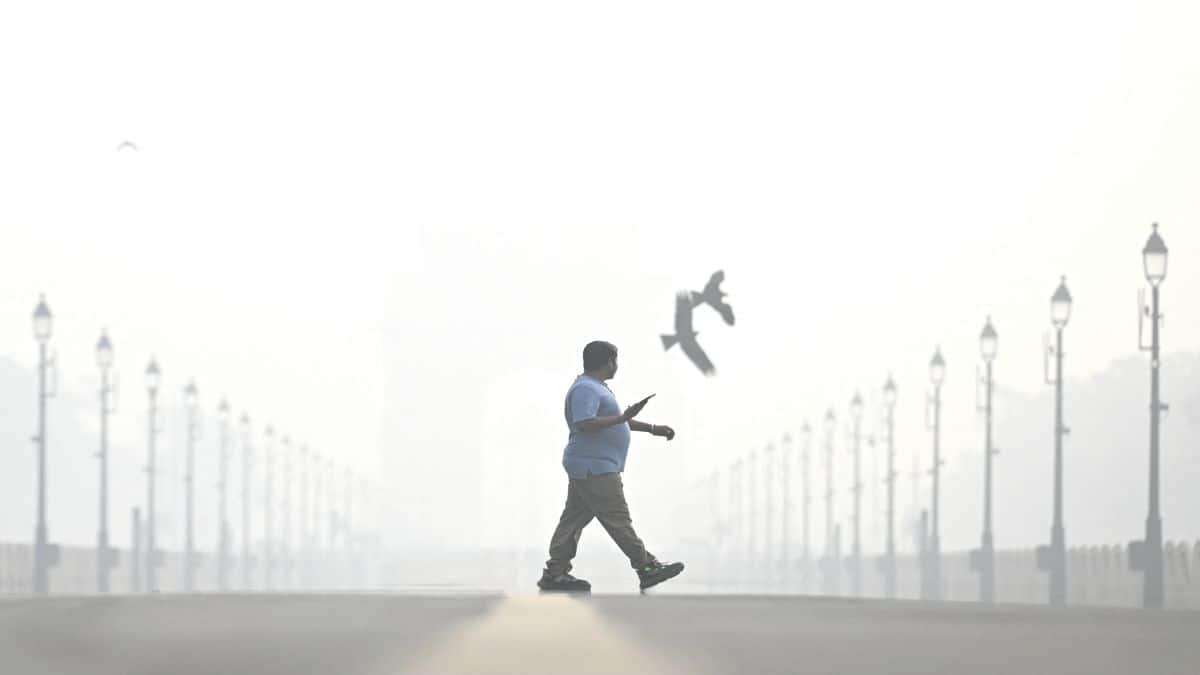Survivors of torture in Kashmir Part 1: 25 yrs on, Nazir Ahmad Sheikh, who lost both legs to Indian Army's assault awaits justice
Safwat Zargar
• July 16, 2019, 15:22:15 IST
In custody, the army personnel allegedly used rollers on Sheikh’s body, pushed his hands into a wood-burning stove and subjected him to severe beatings. “16 people in total mounted on the two sides of the iron roller and then they rolled it down on my legs. This torture continued for a period of one month and nine days,” he explained.
Advertisement
Find us on YouTube

No rain in Delhi after cloud seeding trials. Why did the experiment flop?
Delhi conducted cloud seeding experiments to induce artificial rain and reduce pollution but saw no rain due to low moisture in clouds. Despite no rain, the cloud seeding trials led to a slight improvement in air quality, with PM2.5 and PM10 levels dropping in targeted areas. More cloud seeding experiments are planned, depending on atmospheric conditions, to further address Delhi's pollution issues.
More Impact Shorts

)
)
)
)
)
)
)
)



